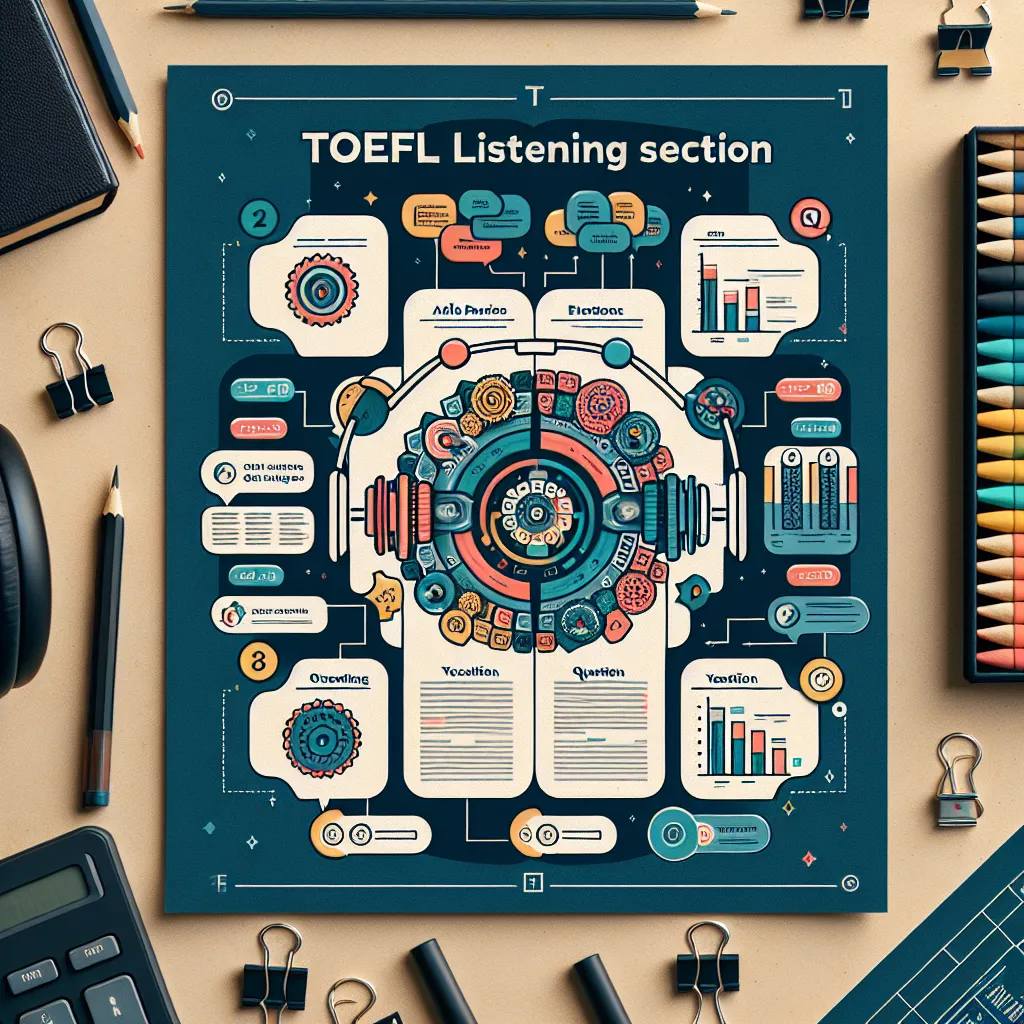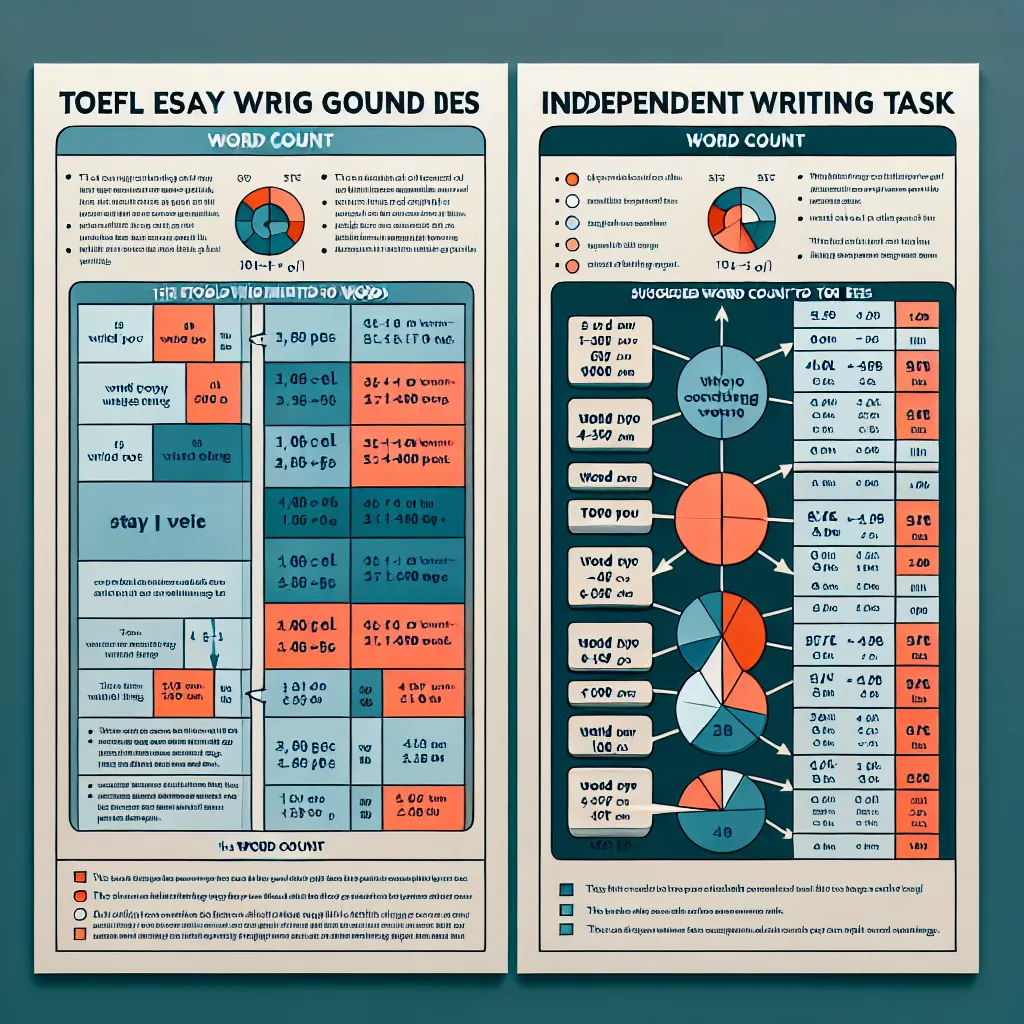Are you preparing for the TOEFL exam and looking to boost your listening skills in a short amount of time? You’re not alone. Many test-takers find the listening section challenging, but with the right strategies and focused practice, you can significantly improve your performance. In this comprehensive guide, we’ll explore effective methods to enhance your TOEFL listening skills quickly and efficiently.
Understanding the TOEFL Listening Section
Before diving into improvement strategies, it’s crucial to understand what the TOEFL listening section entails. This part of the test evaluates your ability to comprehend spoken English in academic settings. You’ll listen to lectures, classroom discussions, and conversations, then answer questions about the content and context of these audio passages.
 TOEFL Listening Section Overview
TOEFL Listening Section Overview
Quick Strategies to Boost Your Listening Skills
1. Immerse Yourself in English Audio
One of the fastest ways to improve your listening skills is through constant exposure to English audio. Here’s how:
- Listen to English podcasts on various topics
- Watch English-language news broadcasts
- Engage with English YouTube channels in your field of study
- Stream English movies and TV shows with subtitles
Aim for at least 30 minutes of focused listening practice daily. The key is consistency and variety in your listening materials.
2. Practice Active Listening
Active listening involves engaging with the content you’re hearing. Try these techniques:
- Take notes while listening to academic lectures
- Summarize what you’ve heard after each listening session
- Predict what might come next in a conversation or lecture
- Identify main ideas and supporting details in each audio passage
3. Familiarize Yourself with Different Accents
The TOEFL test includes speakers with various English accents. To prepare:
- Listen to speakers from different English-speaking countries
- Use resources like “English Accents from Around the World” on YouTube
- Practice with TOEFL-specific materials that feature diverse accents
4. Focus on Academic Vocabulary
Expanding your academic vocabulary is crucial for understanding TOEFL listening passages. Try these methods:
- Create a vocabulary list from TOEFL practice tests
- Use flashcards to memorize new words and their pronunciations
- Apply new vocabulary in context through speaking and writing exercises
5. Utilize TOEFL-Specific Practice Materials
To improve quickly, use materials designed specifically for the TOEFL test:
- Official TOEFL practice tests from ETS
- TOEFL preparation books with audio CDs
- Online TOEFL courses with listening modules
 TOEFL Practice Materials
TOEFL Practice Materials
6. Develop Note-Taking Skills
Effective note-taking is essential for the TOEFL listening section. Practice these techniques:
- Use abbreviations and symbols for quick note-taking
- Focus on key points rather than trying to write everything
- Organize your notes in a clear, logical structure
Advanced Tips for Rapid Improvement
1. Analyze Your Mistakes
After each practice session:
- Review incorrect answers and understand why you made mistakes
- Identify patterns in your errors (e.g., missing main ideas, misunderstanding vocabulary)
- Create a personalized study plan based on your weak areas
2. Simulate Test Conditions
To prepare for the actual exam:
- Practice with timed sections to improve your pace
- Use headphones during practice to mimic test-day conditions
- Take full-length practice tests to build stamina
3. Enhance Your Concentration
Improving focus can lead to better listening comprehension:
- Practice meditation or mindfulness exercises
- Eliminate distractions during your study sessions
- Take short breaks between listening exercises to maintain concentration
Common Pitfalls to Avoid
Be aware of these common mistakes when improving your TOEFL listening skills:
- Translating everything into your native language
- Focusing too much on unfamiliar words instead of overall meaning
- Neglecting to practice with a variety of academic topics
- Overlooking the importance of understanding different speech patterns and intonations
Next Steps: Putting Your Skills to the Test
Now that you’ve learned these strategies, it’s time to apply them:
- Create a daily listening practice schedule
- Set specific, measurable goals for improvement (e.g., increase practice test scores by 10% in two weeks)
- Join online TOEFL study groups to practice with peers
- Consider working with a TOEFL tutor for personalized guidance
Remember, improving your TOEFL listening skills quickly is possible with dedicated practice and the right strategies. Focus on consistent, targeted practice, and you’ll see significant improvements in your listening comprehension and overall TOEFL performance.
By following these expert tips and strategies, you’ll be well on your way to achieving your desired TOEFL score. Keep practicing, stay motivated, and don’t hesitate to seek additional resources or support if needed. Good luck with your TOEFL preparation!




